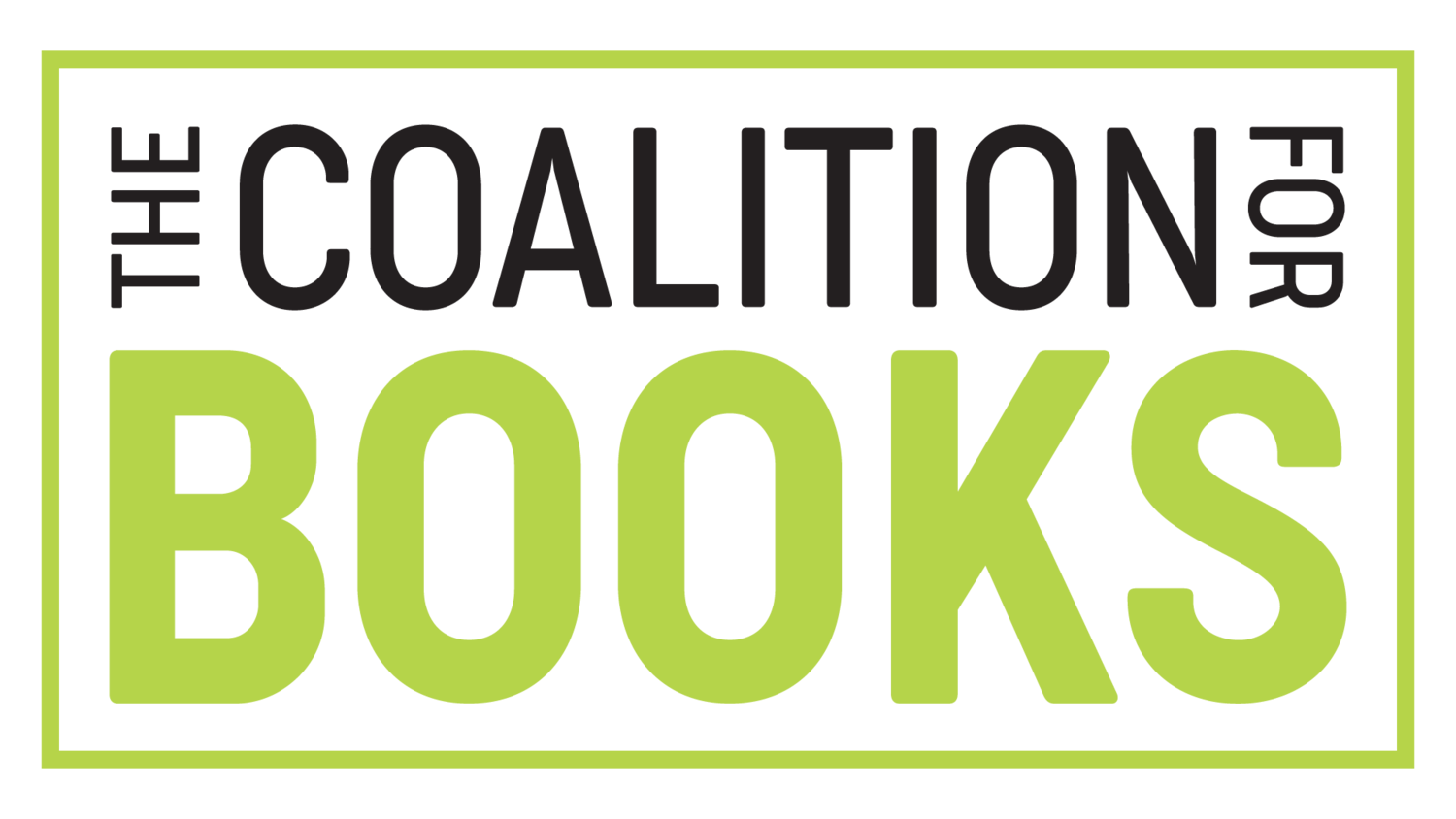Author Q&A: Fleur Adcock
Fleur Adcock, author of The Mermaid’s Purse, answers our questions about her latest collection of poetry
Why did you want to write this book, was there a specific inspiration - or moments of inspiration - behind The Mermaid's Purse?
The phrase "write this book" doesn't really apply to the creation of a collection of poems. There were 51 separate moments of inspiration, one for each poem, over the course of several years. Each one was exciting in its own way, with the feeling of a possibility dawning.
How do you feel your writing style has developed over the years?
Inevitably, my style of writing has changed over the years, even if you count only from my first adult productions and don't include the little verses I wrote or made up in my head as a small child, and the adolescent effusions I produced at school. People change as they grow up, and you can't help picking up and discarding influences along the way, as well as learning more about basic techniques. It's 57 years since my first book was published, and it looks rather stilted and derivative to me, but it's very hard to judge your own work.
What was the easiest/best thing about creating this poetry collection? Alternatively, what was the most challenging?
At the end of this time, after it had become apparent that I had enough poems to make up a book, there was the easiest task, that of organising them together into a collection and giving it a title. I'd already decided to call it ‘The Mermaid's Purse’, because that would give me an excuse to choose the eye-catching painting of a mermaid by JW Waterhouse for the cover. (Fortunately, my publishers in England, Bloodaxe Books, agreed with me about this image, and Fergus at Victoria University Press concurred). I usually prefer not to name a poetry collection after one of the individual poems in it, because that might draw too much attention to one poem in particular – I imagine a customer wandering around a bookshop, picking up a book, turning to the title poem, which might not be their cup of tea, and being put off the whole collection. But nobody wanders around bookshops these days, at least not here in England where all inessential shops are closed at the moment, and you can't flip through the pages of a book when you're buying it online. All our habits have changed since the pandemic.
How have you found writing in the midst of this pandemic, and writing from within Britain during this time?
I've found it almost impossible to write poetry since the first lockdown began, this time last year: there's something deadening to the imagination about being in the same boat as everybody else, sharing some of the same range of dull, repetitive experiences. It has been far worse for others, as I fully realise, but we all have some things in common: I can't travel out of town for any purpose; I can't even meet up with friends in a restaurant for a birthday party, or invite them home. As for writing, a lot of my creative impulses come from wandering around experiencing things in the real world – looking out of a train window at changing landscapes, or arriving in a new place, or having unexpected conversations. So what I've been writing mostly is fairly routine prose.
What are you currently reading/looking forward to reading?
The book I'm looking forward to reading is Nothing to See, by Pip Adam. I met her online this week at a meeting of our New Zealand reading group, which is based in London. She introduced and read an extract from her book and we all had a fascinating discussion. My niece Mia Farlane, in Wellington, organised the New Zealand end of it, and is sending me a copy of the book.




